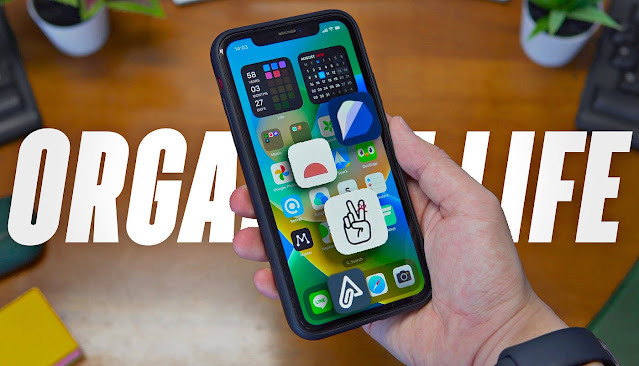Introduction
In the last decade, mobile applications have revolutionized the way we live, work, and interact with the world around us. From social media and entertainment to banking and healthcare, mobile apps have become an integral part of our daily lives. In this blog post, we will explore the evolution of mobile applications and their profound impact on various industries.
The Evolution of Mobile Applications
The journey of mobile applications began with the introduction of smartphones. The release of Apple's iPhone in 2007 and subsequent Android devices paved the way for a new era of mobile computing. Initially, mobile apps were simple and focused on basic functions like email, calendar, and web browsing. However, as technology advanced, so did the capabilities of mobile applications.
With the advent of 3G and 4G networks, mobile apps started to become more sophisticated and feature-rich. Developers began creating apps for a wide range of purposes, including gaming, productivity, education, and entertainment. The introduction of app stores, such as Apple's App Store and Google Play Store, made it easier for users to discover and download apps, further fueling their popularity.
The Rise of Social Media Apps
One of the most significant impacts of mobile applications has been on social media. Apps like Facebook, Instagram, Twitter, and Snapchat have transformed the way we connect and communicate with others. These platforms have become a central hub for sharing photos, videos, and thoughts, enabling people to stay connected with friends, family, and even strangers from around the world.
The Influence on Business and Commerce
Mobile applications have also disrupted the business landscape, especially in the realm of e-commerce. Companies like Amazon, Alibaba, and eBay have created highly successful mobile apps that allow users to shop for products and services from the comfort of their smartphones. These apps offer a seamless user experience, personalized recommendations, and secure payment options, making online shopping more convenient than ever before.
Additionally, mobile apps have opened up new avenues for businesses to reach and engage with their customers. From push notifications and in-app messaging to loyalty programs and mobile-exclusive offers, companies can establish direct and personalized connections with their target audience. This level of engagement has proven to be highly effective in boosting customer satisfaction, retention, and overall sales.
Impact on Healthcare and Education
Mobile applications have also made a significant impact on the fields of healthcare and education. In healthcare, apps enable patients to monitor their health, access medical records, schedule appointments, and even consult with healthcare professionals remotely. These apps have the potential to improve healthcare accessibility, enhance patient outcomes, and reduce costs.
In education, mobile apps have transformed the learning experience. Educational apps offer interactive content, online courses, language learning tools, and access to vast repositories of knowledge. Students can learn at their own pace, revise concepts, and engage in collaborative learning, irrespective of their geographical location.
Challenges and Future Trends
While mobile applications have undoubtedly brought about numerous benefits, they also present some challenges. App discovery, user retention, data security, and platform fragmentation are some of the issues that developers and businesses need to address.
Looking ahead, the future of mobile applications seems promising. Emerging technologies such as augmented reality (AR), virtual reality (VR), artificial intelligence (AI), and 5G networks are poised to revolutionize app experiences even further. We can expect to see more immersive gaming, personalized recommendations, enhanced productivity tools, and seamless integration with Internet of Things (IoT) devices.
Conclusion
Mobile applications have transformed the way we communicate, work, learn, and conduct business. They have revolutionized various industries and empowered individuals with unprecedented access to information and services. As technology continues to evolve, mobile apps will undoubtedly play a crucial role in shaping our future, offering endless possibilities for innovation and growth.



.jpg)

0 Comments